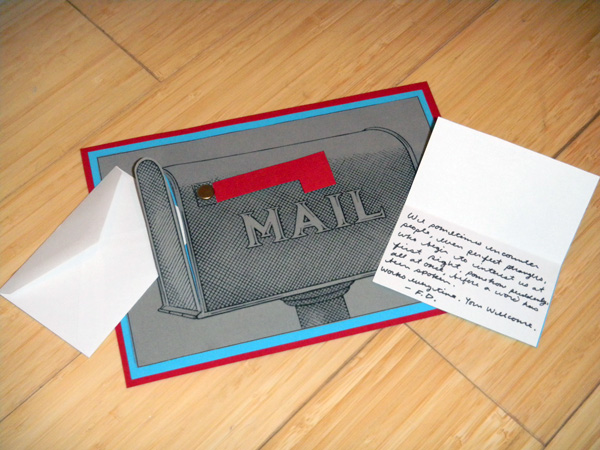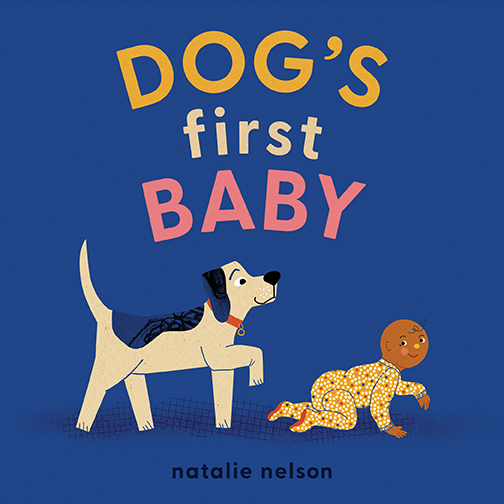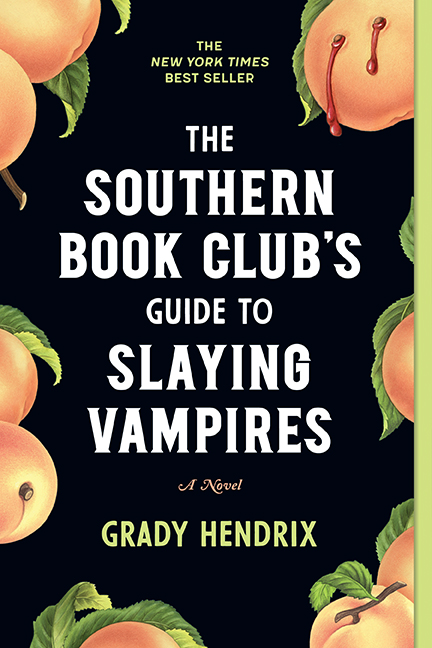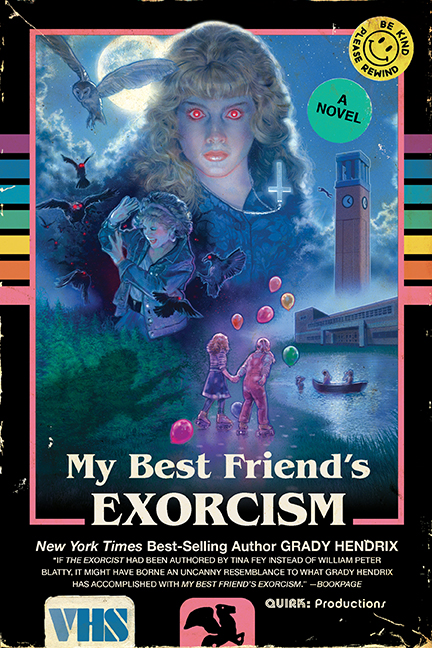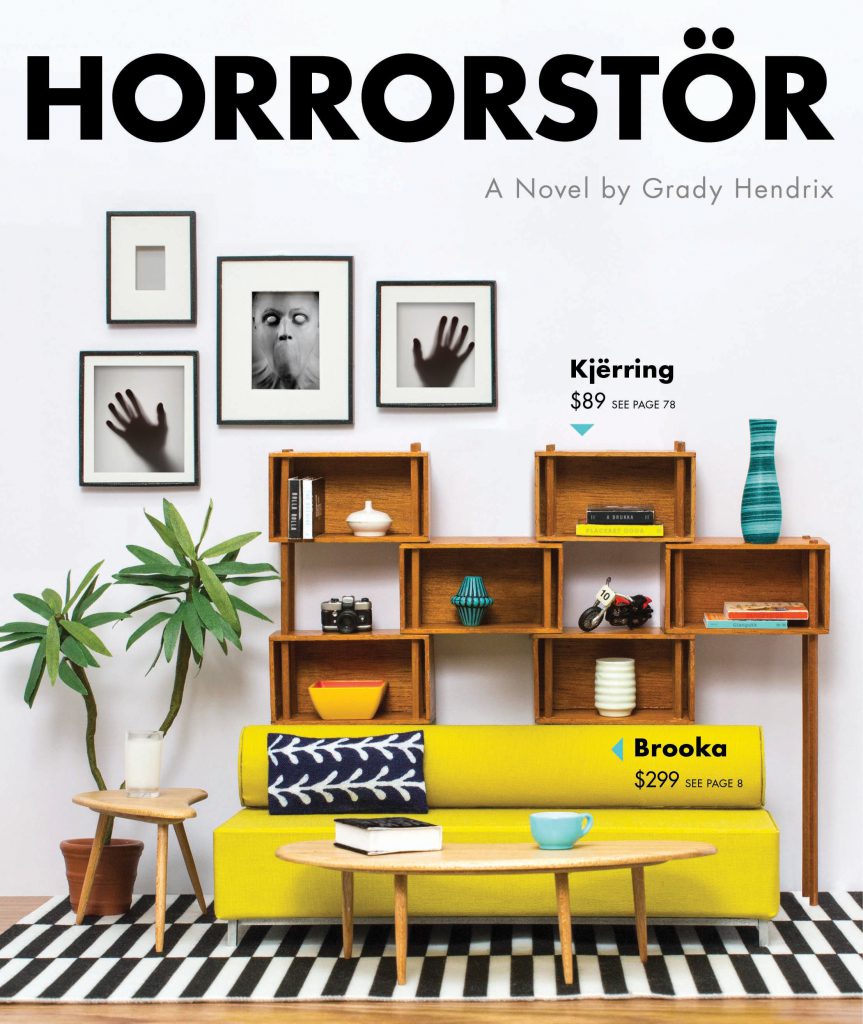Our Blog
Dr Anthony Debenedet Speaking @ TEDxDetroit 2011
On September 28th, 2011, Quirk author Dr Anthony DeBenedet (The Art of Roughhousing) participated in TEDxDetroit.
In his talk, The Future of Play, he speaks passionately about the importance of rough and tumble playtime, how it builds emotional intelligence, and how it can inspire creativity and imagination.
The video just hit YouTube, and you can scope it out above. Nice job, Anthony! We’re proud of you!
Posted by Eric Smith
Celebrate National Margarita Day: Treat Your Self to a Top-Shelf Margarita Cheesecake
Get ready to party, today is National Margarita Day! We could dish out the tried and true recipe for the standard margarita, but come on. Where’s the fun in that?
So put away those fancy glasses. Cancel your plans to hit the bar. I’ve got a fantastic recipe from Booze Cakes by Krystina Castella & Terry Lee Stone. Read on to learn how to make a Top-Shelf Margarita Cheesecake.
That’s right, you heard me. A margarita cheesecake.
Posted by Eric Smith
Marsh Madness: Sixteen Food Blogs Square Off For Best Marshmallow
Are you ready… for Marsh Madness?
No, that isn’t a typo. Starting today, we’re kicking off Marsh Madness with Serious Eats. It’s our version of March Madness, only we’re replacing basketballs with marshmallows .
We’ve created four brackets with sixteen super sweet bloggers, and each food blogger is crafting his or her own unique marshmallow. The recipes start with the original vanilla mallow recipe in Shauna Sever’s Marshmallow Madness, and then the sky is the limit.
At the end of the tournament, Shauna will select her favorite of the bunch, and we’ll award that food blogger with a Quirk Books cookbook library and $100 gift card to Williams-Sonoma.
We’ve got the full schedule and the entire bracket below. Check back regularly on Serious Eats for recaps on the marshmallows, bookmark the blogs and keep up with Marsh Madness on Twitter via #marshmadness.
Posted by Eric Smith
DIY Valentines: Send A Love Letter From Your Valentine’s Favorite Author
There is nothing more uninspiring than the drugstore Valentine aisle. Forget Hallmark this year and impress your Valentine with a love letter from their favorite author tucked inside a paper mailbox — complete with a hinged door and quaint red mailbox flag.
For this DIY-Valentine you’ll need the following materials:
– 3 sheets of card stock
– double-sided tape
– single hole punch
– paper fasteners
– craft knife
– pen
– mini envelope and card
– craft scissors
Feel free to use this lovely template from her Craftacular Highness, Martha Stewart, if you’re artistically challenged like me or create your own version of the 3-D paper mailbox.
Once you’ve assembled your mailbox, inscribe a note with a short quote or passage from your Valentine’s favorite author, slip it inside a mini envelop and deliver it to your “mailbox.”
Hopefully, your beau’s favorite writer is someone romantic like poet, Pablo Neruda. You’ll have an easy time finding lovey-dovey quotes encapsulating your true feelings. But perhaps your Valentine is more into stark Russian prose. Not incredibly romantic but — fear not! Your letter will just be that much more unique.
I’ve chosen to use a quote from one of my guy’s favorite authors, Fyodor Dostoevsky, but you can borrow from any author that has meaning to you or your Valentine.

On the small note tucked inside the mailbox, I wrote:
We sometimes encounter people, even perfect strangers, who begin to interest us at
first sight, somehow suddenly, all at once, before a word has been spoken.
Works every time. You're welcome.
-FD
Short. Sweet. And completely unique. Your beau will appreciate your creativity and hey, you remembered their favorite author! Bonus points.
{C}
Posted by Cristina Perachio
Gorgeous Walls Notebook Drawings by Ajsa Zdravkovic
A few weeks ago, Ajsa Zdravkovic, a graphic design student from Geneva, Switzerland, posted a stunning photo on our Facebook page and emailed Quirk’s associate publisher and creative director, Jason Rekulak. After forwarding her email around and sharing the image, everyone at the Quirk HQ was blown away. Why? She had shared a page from the inside of her doodled-in copy of Walls Notebook.
After asking her to share some more of her gorgeous creations, she sent over a couple more pages that really show off her artistic skills. Have a look at some more of her doodles below, and be sure to check her out on Tumblr and follow her on Twitter.
Thanks for sharing with us, Ajsa!
Posted by Eric Smith
My Five Favorite Macaron Recipes Found While Pitching The Cookiepedia
Last year, while I was busy doing blogger research for The Cookiepedia, I stumbled upon a lot of outrageous macaron recipes. There were plenty of wild flavor combinations, from the subtle like lavender and vanilla bean to the adventurous like pistachio with vanilla raspberry & rhubarb jam.
I felt bad for Quirk’s Margaret McGuire (editor) and Katie Hatz (designer) during this process, as I was filling their inboxes with link after link. So, here are my favorites from those days of assaulting their email accounts.
Read on to scope out the recipes, for a chance to share your favorites, and an opportunity to win a copy of The Cookiepedia! Oh and Margaret? Katie? I apologize for nothing.
Posted by Eric Smith
